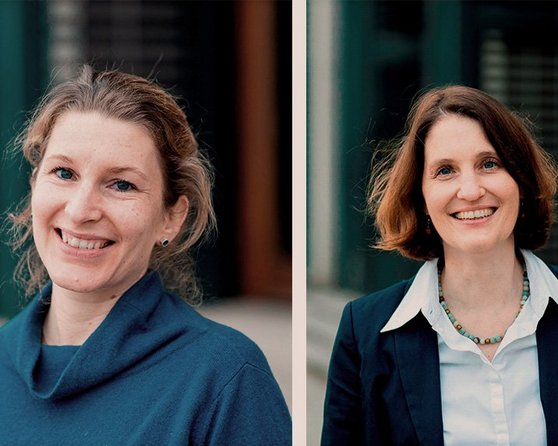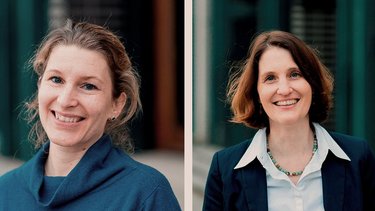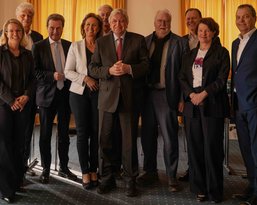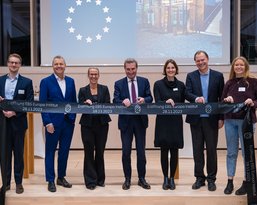
Survey by EBS Universität and the Social Entrepreneurship Netzwerk Deutschlands (SEND): What helps social enterprises through the corona crisis?
Social enterprises have hardly any financial reserves and yet seem surprisingly resilient. An EBS University study of German social enterprises in the Corona crisis shows the challenges they face.

The survey by EBS Universität in cooperation with German social enterprises during the corona crisis has shown that these have to constantly maintain the balance between social reality and financial security and, although already to a certain extent crisis-pro. Are now faced with new challenges. The survey, conducted in 2020 for the German Social Enterprise Monitor (DSEM) of the German Social Entrepreneurship Network (SEND) documents this quite clearly.
The Coronavirus outbreak and the social and economic changes this has caused have hit disadvantaged people particularly hard: the old and sick, the socially underprivileged, those in need of care, people with disabilities, refugees. In Germany, important support services were already lost during the first shutdown in March and April. The Corona pandemic poses an existential threat to many social enterprises in Germany - their target groups require more support and, at the same time, their income is drastically reduced. The survey, conducted recently for the German Social Enterprise Monitor (DSEM) of the German Social Entrepreneurship Network (SEND) confirms this trend. Almost 48% of the 428 businesses participating in the survey are impacted by shops and facilities closing and the cancellation of events. Sales figures have dropped, and investors are anxious.
But for many, this is not the first crisis. Whether a new start-up or a long-established social enterprise, securing funding is a constant issue. Social enterprises aim to generate societal benefit in an entrepreneurial way. Depending on the enterprise’s form, it is necessary to plan from project funding to project funding or to balance social impact and available funds constantly.
In the scientific study with 15 founders and directors of German social enterprises, Prof. Karin Kreutzer and doctoral candidate Katja Friedrichs from EBS Universität investigated which measures the enterprises use to strong crisis resources. The results show that partners and existing networks communicate the situation to the public at large, a great deal of flexibility and innovative strength and the unerring desire to help generate organisational resilience. The survey also reveals the fact that many social enterprises are already extremely resilient - arising from their ability to overcome financial crises and from their efforts to bring about societal change. The scientifically proven ability of social entrepreneurs to implement innovative solutions to complex social problems even in the face of resistance is now benefiting them in the crisis. Thus many of them have been able to create fast and innovative digital services and acquire new funding.
However, it has hit those social enterprises particularly hard whose business model can not adapt to changing conditions. For example, cultural institutions and services where personal contact is indispensable, are particularly affected. They are just as dependent on state support as the classic profit-oriented companies which have had to close temporarily. After the non-profit-oriented enterprises could not take advantage of many state aid programmes due to the funding conditions, the hope remains that the newly launched Corona Participation Fund for social enterprises or the KfW Corona Aid for non-profit organisations will provide relief.
The visibility of social enterprises has increased since the Corona outbreak. This is not least due to the additional products and services that, according to DSEM 2020, more than 40% of the participating social enterprises have developed for their target groups during the crisis. Besides, there are start-ups specifically looking to find solutions to the challenges associated with COVID-19. The next few weeks and months will show how strong this sector can emerge from the crisis. If social enterprises are anything to go by, it will certainly not fail.








